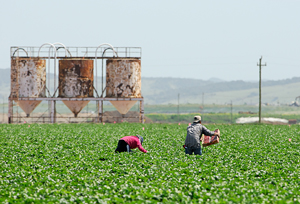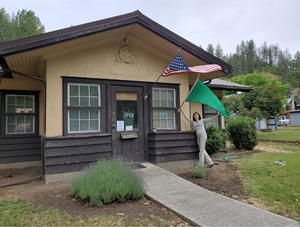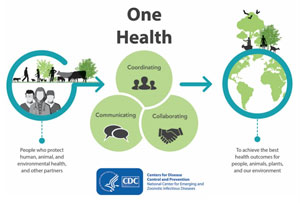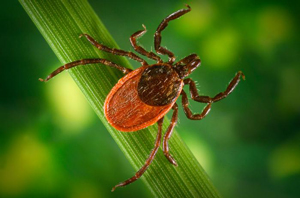The Rural Monitor
Articles by Topic: Environmental health

November 1, 2023
With free and confidential live chat, text, phone, and email services, new mothers can get quick answers to questions about potentially dangerous exposures.
Read More

September 20, 2023
The health impacts of extreme heat events are being felt by both urban and rural populations. But experts say the factors contributing to urban and rural susceptibility may differ significantly — and some of the most promising strategies for mitigating the impacts in urban areas may not be as useful in sparsely populated rural counties.
Read More

February 8, 2023
Across the rural West, an awareness of the health impacts of poor air quality – and how to minimize those impacts – is growing.
Read More

March 31, 2021
Bringing focus to rural housing quality as a social determinant of health, a healthcare organization joins a service organization and housing experts to explain housing's impact on health and how these organizations can work together to improve rural population health.
Read More

October 14, 2020
Wondering about animal-to-human diseases? Or human medical conditions related to the environment? Federal experts join health educators to talk about how understanding a One Health approach for human, animal, and environmental health can be helpful for rural healthcare organizations.
Read More

June 26, 2019
Because private water sources are not regulated, rural residents who rely on them can be more susceptible to health risks from waterborne contaminants. Water experts and a public health professional share how they are helping rural residents keep their well water clean to avoid sickness.
Read More

May 17, 2017
Lyme and other tick-borne illnesses have become the most prolific zoonotic diseases in our nation. Because of their proximity to tick environments, rural areas are more susceptible. In this article, we hear from a Lyme disease patient, a scientist, psychiatrist, nonprofit leader, and a medical doctor about the spread and what's being done about it.
Read More







